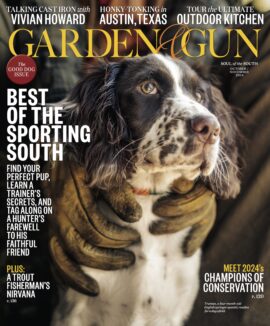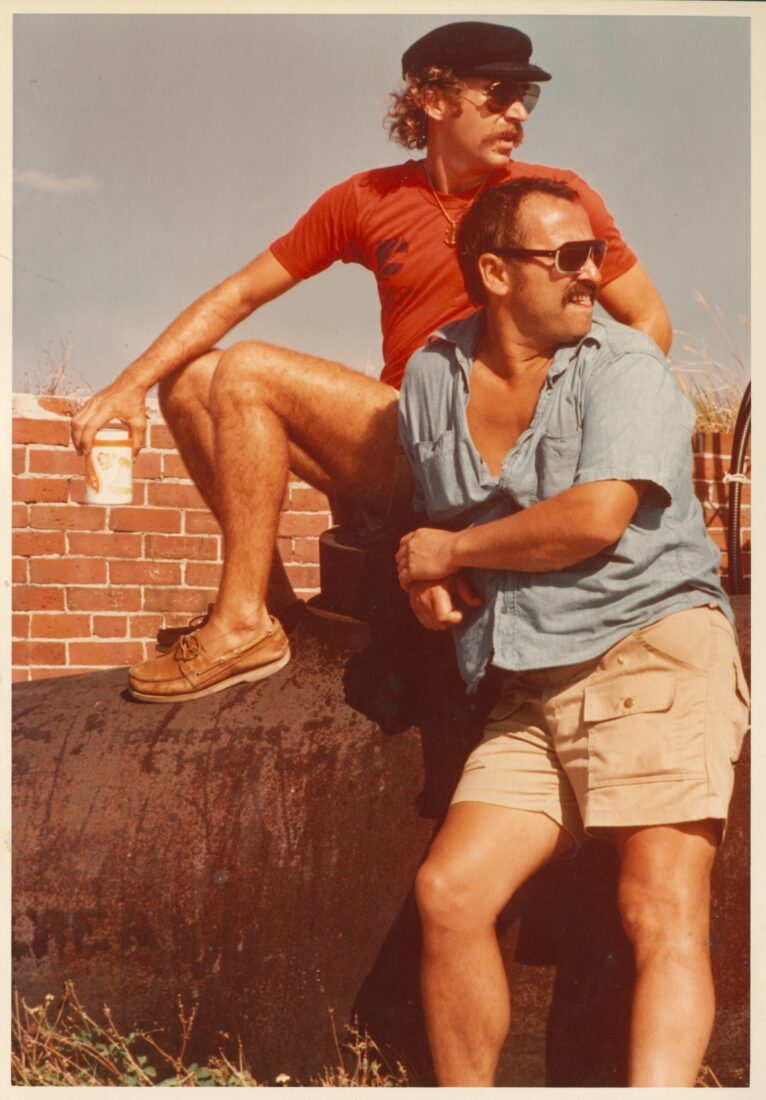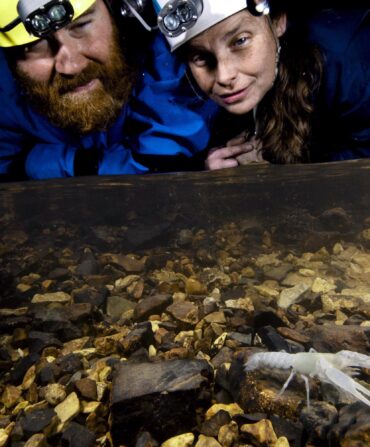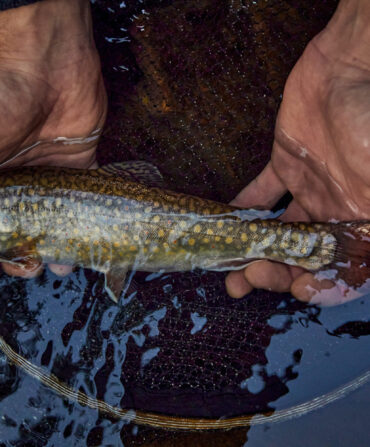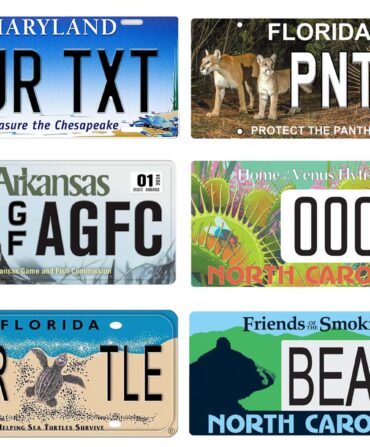It was an astonishing convergence of nascent talent: In the late 1960s and 1970s, a young group of now legendary writers including Tom McGuane, Jim Harrison, Guy de La Valdène, and Richard Brautigan, along with artist and author Russell Chatham and a local busker named Jimmy Buffett, washed ashore in Key West, Florida. They inhabited, and largely fashioned, a period of creative expression, drug-fueled parties, and general hell-raising that cemented the legend of Key West. And it helped introduce the wider world to some of the most influential artists America has ever seen, not to mention some of the best tarpon fishing anywhere.

That milieu sets the stage for All That Is Sacred, a documentary produced by YETI and now available to watch online. The thirty-four-minute film chronicles this community of creators and deeply plumbs the emerging subculture of tarpon fishing. But as much as anything, it is a surprising and poignant elegy for long friendships and lost pals.
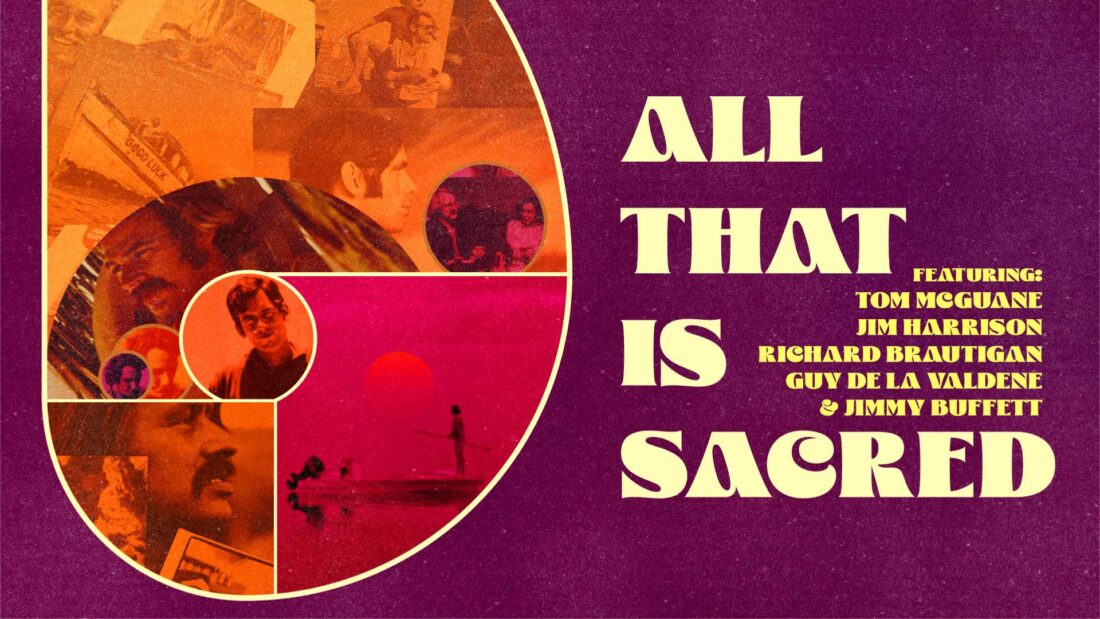
Director Scott Ballew had been a fan of McGuane’s and Harrison’s works, particularly, when he first sat down with McGuane in 2021 with a vague idea to chronicle the time period. Early in the filming, McGuane pulled out a sheaf of handwritten letters; he and Harrison had written nearly weekly for five decades (Harrison passed from a heart attack in 2016). Guy de La Valdène would pass away before the film was completed, and the news of Buffett’s death came just a day after the film debuted at the Telluride Film Festival. It occurred to Ballew that these phenomenally successful artists had led such rich lives, he says, “but those that remained had less runway. In some ways, the film allowed them to step back for the first time and take stock and process those long friendships.”
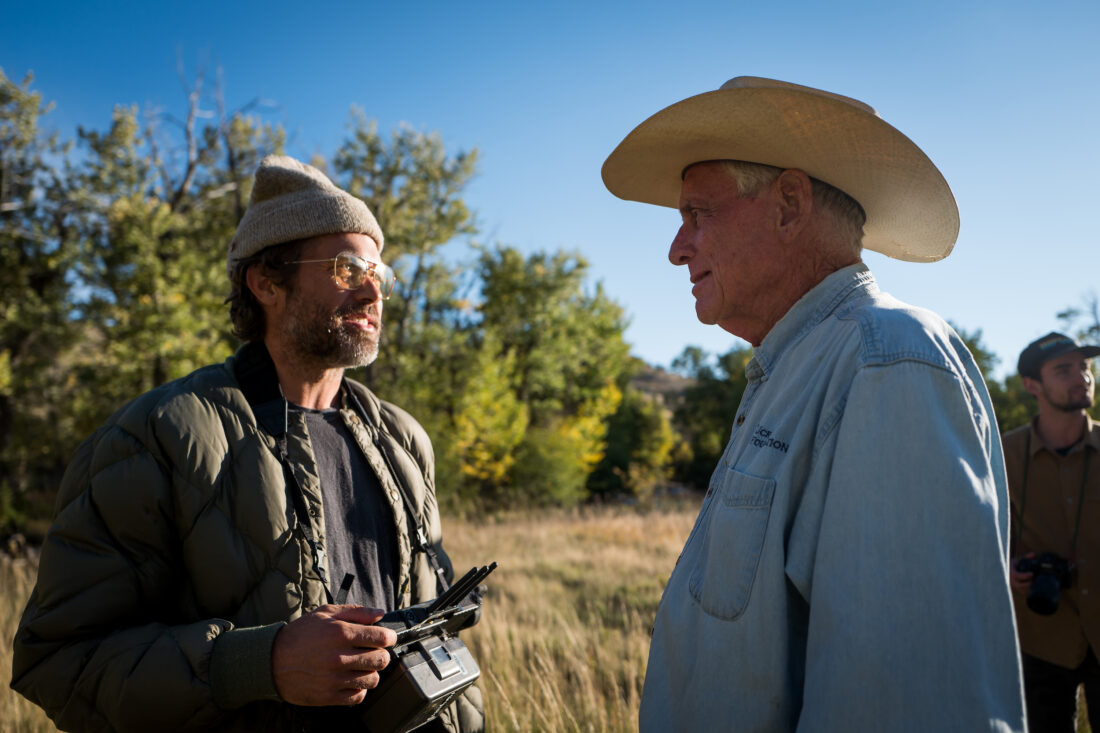
In addition to McGuane, the film includes interviews with Buffett and Carl Hiaasen. It uses extensive cuts from the myth-shrouded 1973 documentary Tarpon, co-directed by French filmmaker Christian Odasso and de la Valdène, his brother-in-law. They shot the film in cinema verité style, with Buffett supplying the original music, and Harrison the narration. It had a strong conservation message but was never released. The original copy vanished for three decades before it was found in a barn in 2008 and finally released on DVD. For All That Is Sacred, the filmmakers restored footage and upgraded to 4K.
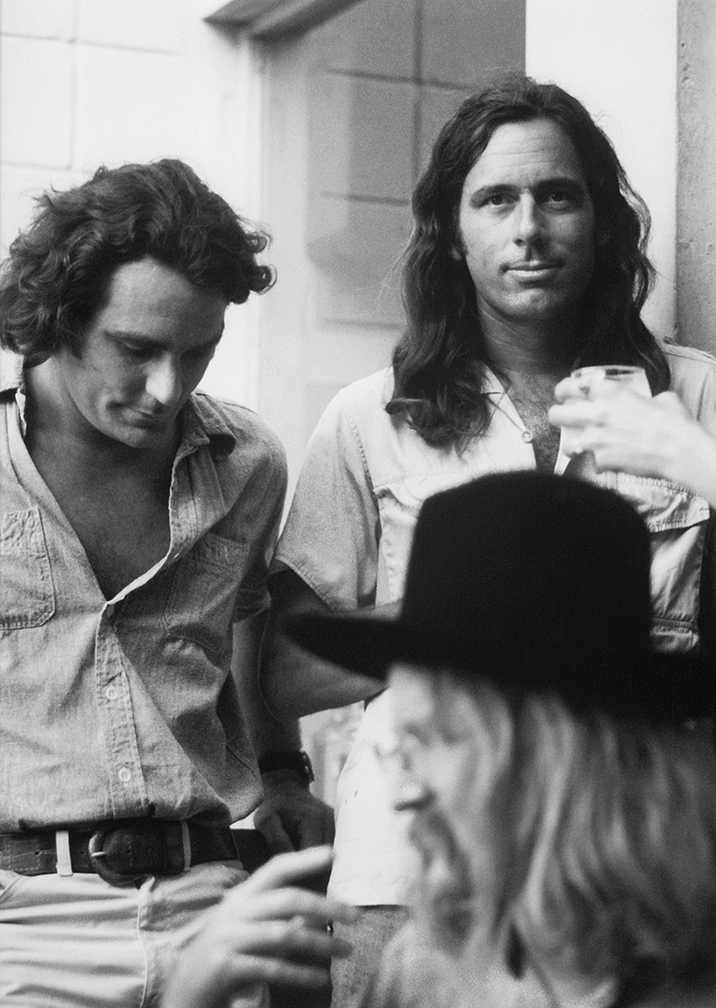
After two years of filming, Ballew and the film’s editor, Bennett Piscitelli, locked themselves in Ballew’s Austin, Texas, living room and put the film together over the course of three days. “It was a lesson in the creative power of delirium,” Ballew says with a laugh. Just as the documentary itself is a tutorial on dancing on the line between creativity and just plain crazy.
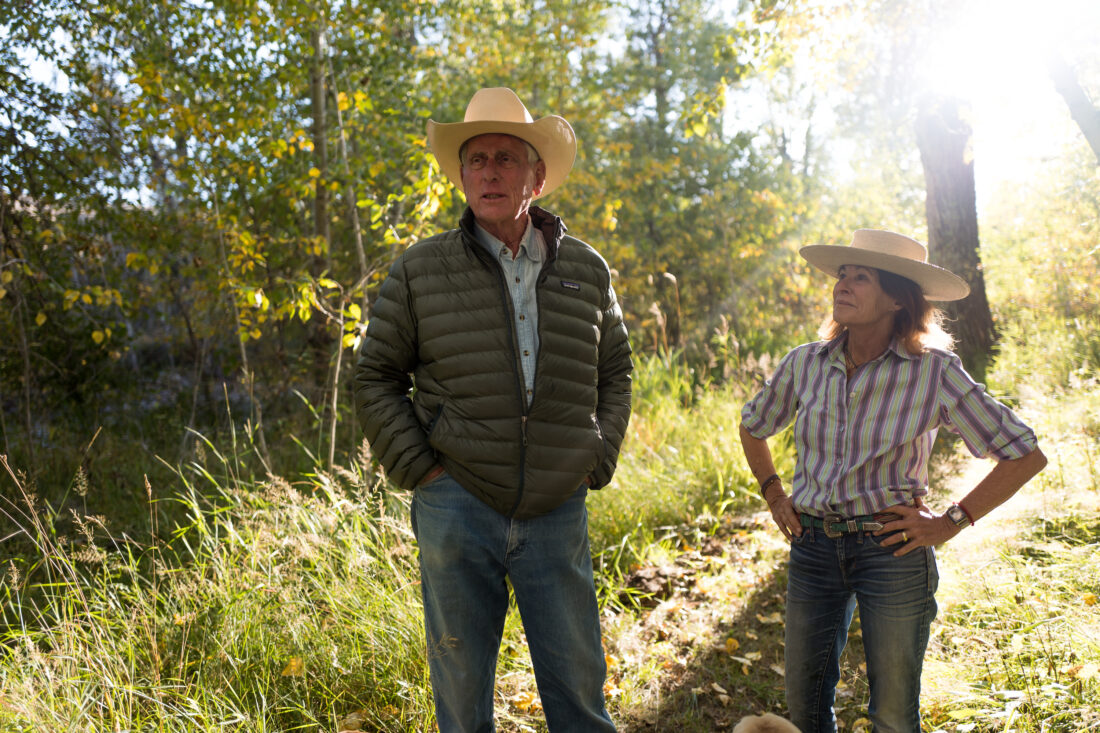
“It was a special era because of what they were doing creatively,” Ballew says. “But it was also dark, and there were consequences to that. Too many people are victims of a certain kind of mythology about these kinds of celebrities. The Grateful Deads and the Jimmy Buffetts and the Keith Richardses of the world create this mythology about what their lives are like, and a lot of people try to move to these places and live out that certain lifestyle. But the mythology was a direct result of hard work. These guys partied, and they loved to fish, sure. But that was not the priority. They had great ambition, and their writing and creating took precedence.”
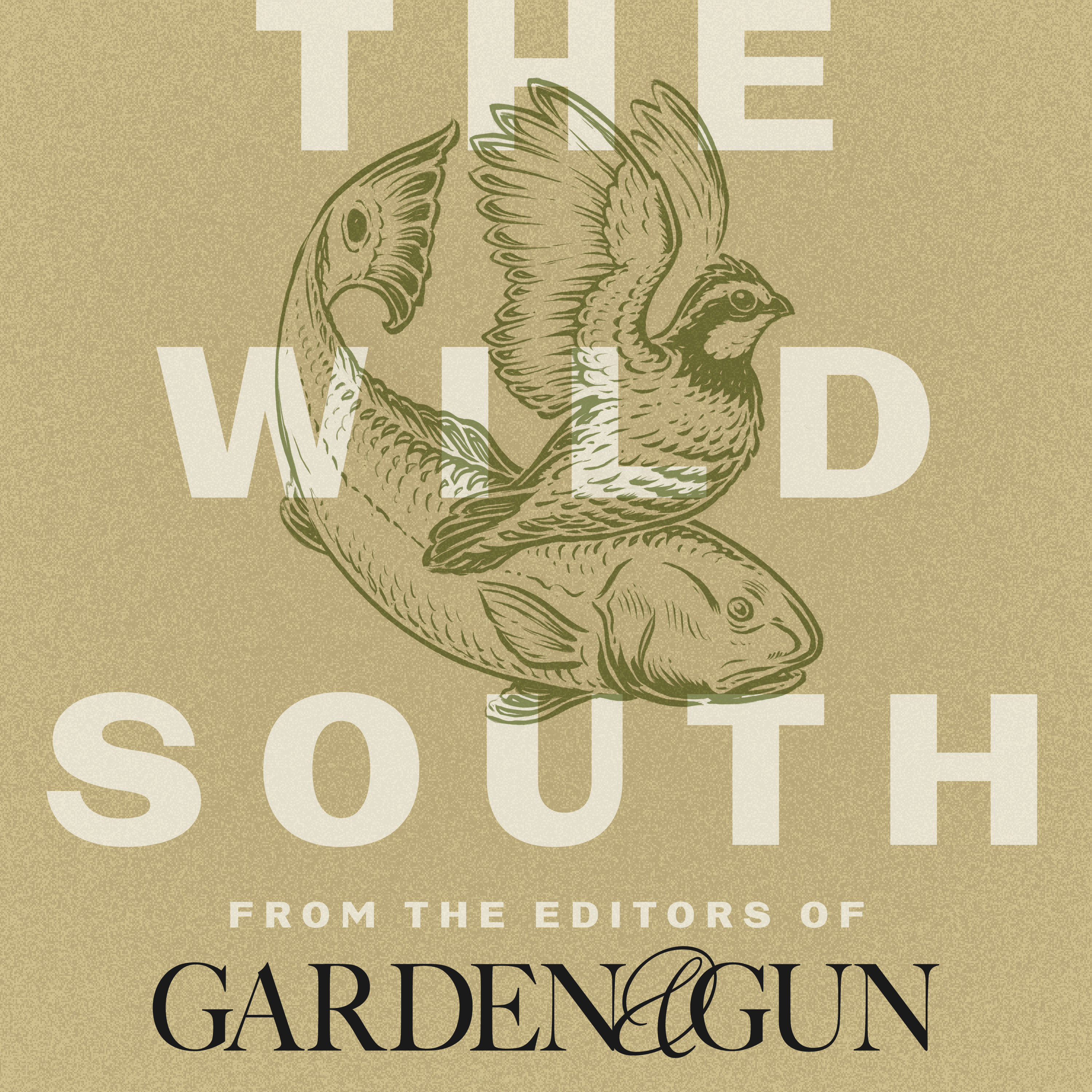
The Wild South Podcast
Want more stories about the Southern outdoors? Listen to our new podcast, The Wild South, in which cohosts Dave DiBenedetto and Eddie Nickens talk with the likes of Flip Pallot, Hilary Hutcheson, Andrew Zimmern, and others about fishing and hunting and conserving the lands and waterways of the South and beyond. Get all the episodes here.

